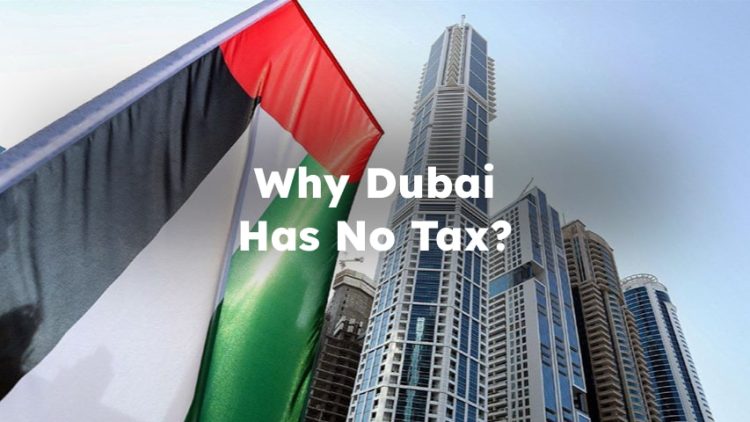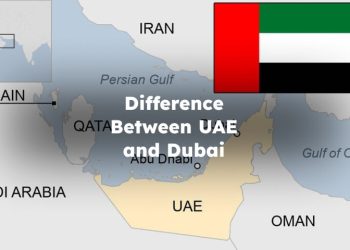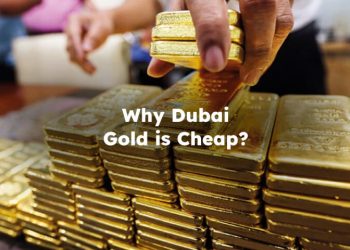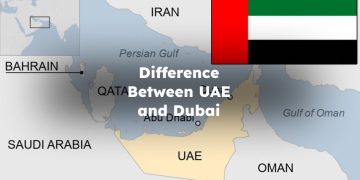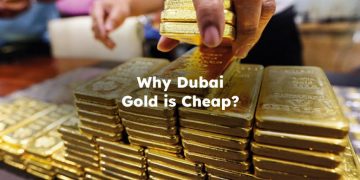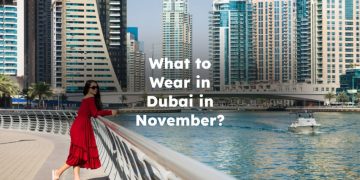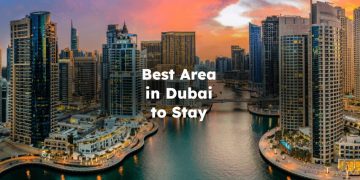Dubai has carved out a unique position for itself because of its special financial situation, which includes no income tax, low public debt, and major investments in infrastructure and global economic growth. This is quite different from many Western nations that depend on personal and corporate income taxes and face higher public debt levels. Dubai absence of an income tax is contributed to the emirate’s emergence as a prominent global business center. Also, Dubai does not have an income tax mainly because of its special economic system, which relies on oil money and other industries.
The UAE has managed to keep income tax off the books thanks to the large profits from oil sales. While Dubai benefits from the country’s wealth, it has less oil than Abu Dhabi. In this detailed article, in dubai mall will explore the reasons behind the Dubai strong financial environment, compare its budget spending with that of various Western countries, and provide a personal and thorough analysis of the Dubai economic approach, the reasons “why Dubai Has no Tax?”, and benefits of living in a tax-free Dubai. Come to read the following parts together.
Does Dubai Have No Tax?
Why Dubai has no tax? Dubai is famous for its tax-friendly environment. A major reason why expats and companies are attracted to the city is the lack of income tax. Whether you are an employee or a business owner, you know that the tax situation is important for maximizing your experience in Dubai. In Dubai, the absence of Dubai tax rate on salary signifies that both residents and expatriates are exempt from paying taxes on their salaries or wages. Is Dubai tax-free for business? In Dubai, individuals are not subject to personal income tax; however, tax in Dubai for business framework is distinct. In 2023, the United Arab Emirates implemented a corporate tax rate of 9% on profits that surpassed AED 375,000. It is important to note that specific sectors, such as oil and foreign banking, have been liable for taxes for an extended period. Dubai Tax free benefits are the following facts:
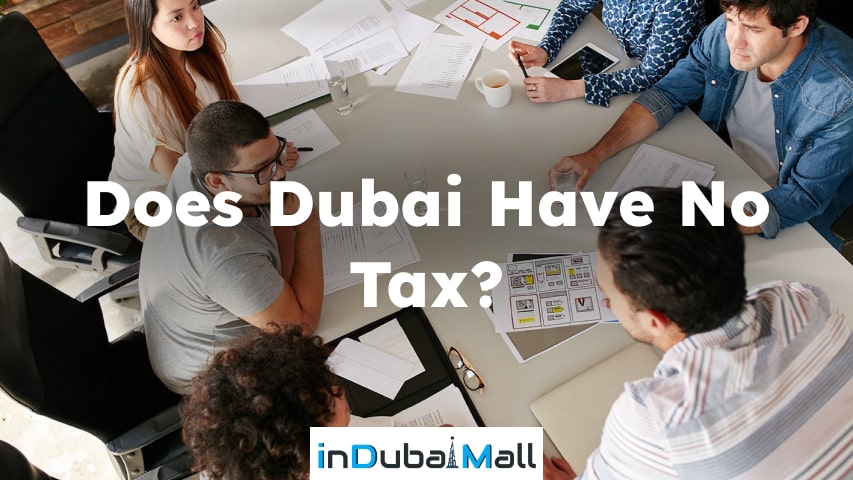
- You retain your full salary.
- It facilitates the accumulation of savings or investment in assets such as real estate.
- Dubai draws exceptional talent globally because of its tax-exempt status.
How does Dubai sustain its economy without Taxes?
Dubai’s special economic system, which lacks interest and tax rules, has helped it become a major global economic center. Dubai shows its dedication to fighting climate change by focusing on sustainable development, investing in renewable energy, and launching green projects. This helps create a sustainable future for both the city and its people. Taxes are a clear way to support a country, but they aren’t the only option. Dubai has many other ways to generate income if they decide against taxing their citizens.
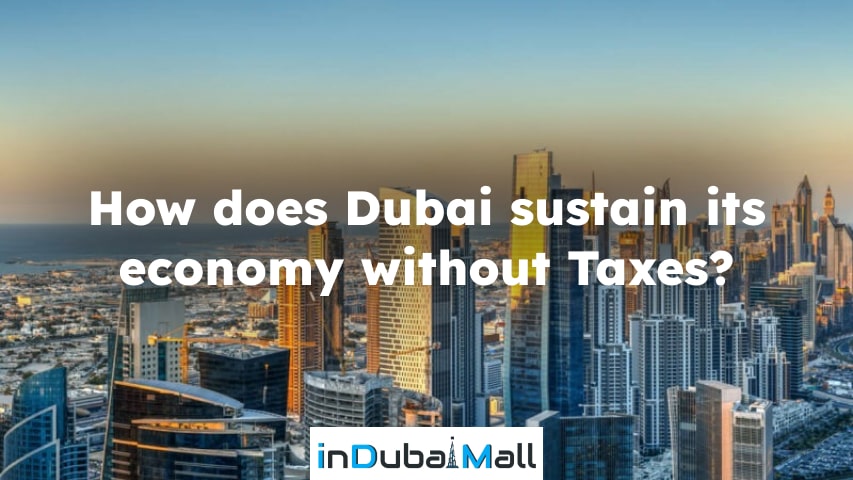
Revenue from oil and natural resources
Oil was essential for Dubai’s initial economic growth. By the late 1970s, oil output reached a high of 410,000 barrels daily, greatly boosting Dubai’s GDP. In its early days, oil made up almost half of Dubai economy, while it is laying the financial groundwork for significant infrastructure projects and modernization. Official data shows that the emirate produces between 50,000 and 70,000 barrels daily. Although this amount is small compared to other oil-rich countries, the oil and gas industry makes up about 30% of Dubai’s GDP.
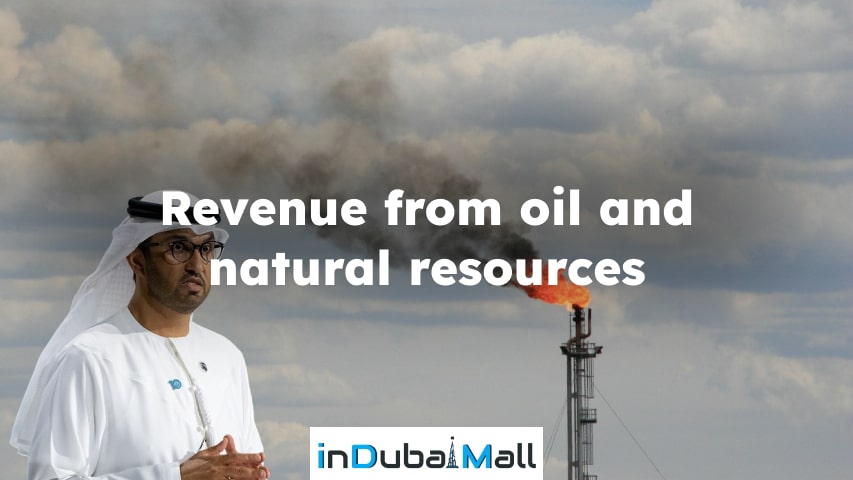
Diversified economy
Dubai has a strong and varied economy. The profits from oil have helped build important infrastructure and transportation, which aid in trade. It is a key center for international trade, shown by its famous ports and busy air cargo services. The city also has different population, giving business owners access to many skills and experiences. This diversity has led to the rise of exciting new industries. The IT sector is expanding quickly, along with software development and food services. Dubai is now a center for healthcare, tourism, and retail, attracting many top experts from around the world. Some industries that consistently support economic growth in Dubai are transportation and infrastructure, trade and logistics, financial services and banking and tourism.

Free Zones and Their Contribution
The Jebel Ali Free Zone was established in 1985, starting a new way of doing business. Since then, more Free Zones have been set up in the UAE to support different industries. For instance, Media City is for media companies, while Science Park is aimed at science, biotech, and pharmaceutical fields. Free Zones have a big effect on the UAE’s exports, making up about 40% of the country’s total exports, including re-exports. Specifically, Dubai’s Free Zones represent 60% of the city’s total goods exports, highlighting their important role in boosting trade and economic development.


